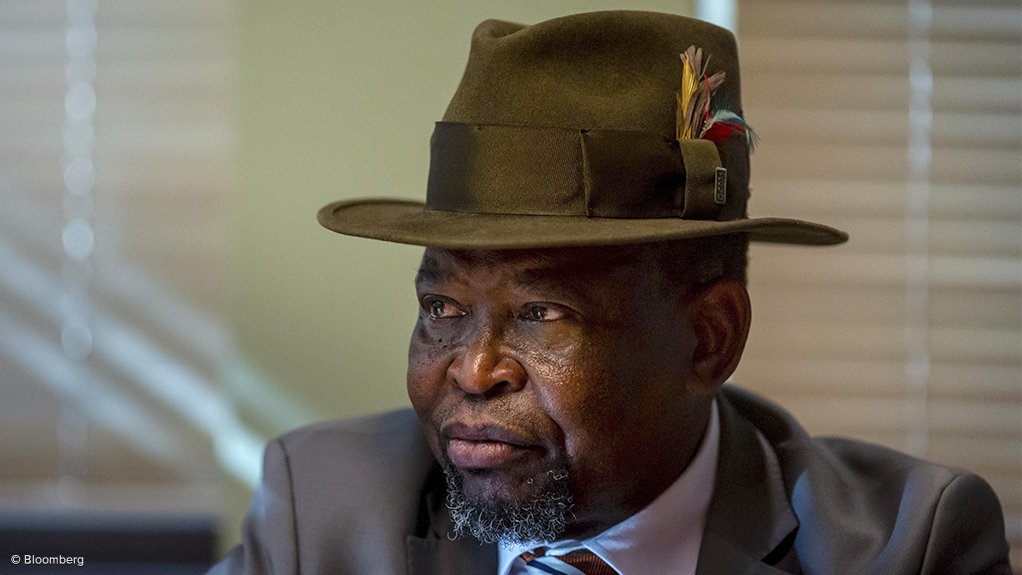Finance Minister Enoch Godongwana played down the likelihood of a decision soon to tap a R497-billion contingency fund held on behalf of the country by the central bank.
“For the moment there is not a deal and there is no pressure on us or the central bank,” he said Tuesday in an interview on Bloomberg Television with Francine Lacqua on the sidelines of the World Economic Forum in Davos. “We’ve got to be very careful. I think we’re more prudent on both sides.”
The South African Reserve Bank oversees the Gold & Foreign Exchange Contingency Reserve Account on behalf of the Treasury. The account contains unrealized profit or losses on the reserves that are incurred due to exchange-rate fluctuations. Any gains or losses accrue to the government.
While the Treasury has refrained from tapping the fund so far, Godongwana last year signaled that it will change course. He has held talks with the central bank and the nation’s creditors to establish the optimal amount to be withdrawn.
The money could help contain debt-servicing costs or fund a ballooning state wage bill. But taking the profits could also spook foreign investors by draining resources the country can count on during a crisis, as well as potentially having a negative effect on the financial soundness of the Reserve Bank.
‘DIFFICULT ISSUE’
“That is a difficult issue because it also raises challenges about its impact on the balance sheet of the central bank,” Godongwana said. “There’s been reluctance even on our side to take that route.”
Pressed on what the government would do if it did tap the contingency fund, he said there was an argument to avoid using it to finance consumptive which could have an inflationary impact.
The finance minister presents an annual budget next month that will be the last before before the country holds national elections that are set to be the most competitive since the end of White-minority rule in 1994.
With several opinion polls showing that the ruling African National Congress party at risk of losing its majority, Godongwana is under pressure to ramp up social spending and increase support to ailing state companies that play a key role in driving an economy that been hobbled by energy shortages and logistics snarl-ups.
A date for the vote, which must be held before late August, has yet to be set.
In his mid-term budget tabled in October, the minister said he would raise borrowing, cut costs and increase taxes amid warnings from the Treasury that it is running out of money and debt is spiralling out of control. About 18% of the national budget currently goes toward paying interest on the nation’s loans.
TAX HIKES
While he declined to rule out tax increases in the budget next month, he stressed that doing so would put companies and households under extra pressure at a time they are already taking strain.
“I can’t say it’s off the table. I’m just outlining the difficulties even of raising taxes in the current environment,” he said, noting that the government cut corporate taxes in 2022 and putting them back up would be hard.
“Consumers in South Africa are in a tight space now for personal income tax. That’s also is going to be a difficult area to go into,” he said.
EMAIL THIS ARTICLE SAVE THIS ARTICLE
To subscribe email subscriptions@creamermedia.co.za or click here
To advertise email advertising@creamermedia.co.za or click here











